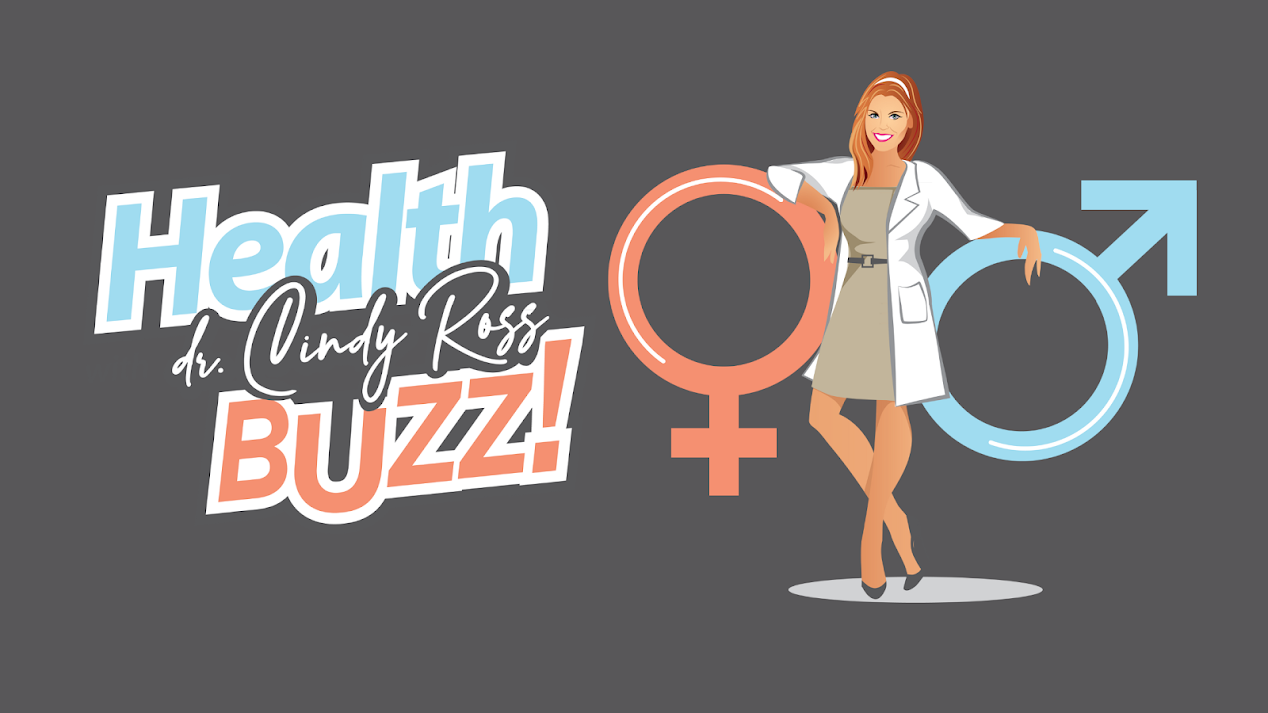We want to switch our mindset to seeing food as fuel. What practices or changes should we adopt?
The first step is to simply bring awareness to WHY you are reaching for food. “Am I actually hungry?” “Why am I reaching for food?” Are two of the most powerful questions when it comes to changing your relationship with food.
The food you fuel yourself with is EVERYTHING. From your energy, your mood, your skin, to your personality, all of it starts with what is on the end of your fork. You get to choose how good you feel, and learning which foods work for your unique body is essential for optimal performance in every area of life. Honor where you are, and start to tune in. The best fuel for you may not be the same as your best friend’s or your mom. What I help my clients figure out as quickly as possible is what is right for their unique bodies.
There are so many foods commonly deemed as “healthy” that can actually drain your energy, make you hold onto weight, and bring your body down. Many foods also have addictive properties like sugar and carbs that can bring about self-destructive eating habits. One of the best ways to break free from these foods is through mindfulness practice, http://elimination, and reintroduction protocols. This is what I work on with my clients one-on-one, and it leads to massive transformations in their health and relationships with food.
There are so many foods commonly deemed as “healthy” that can actually drain your energy, make you hold onto weight, and bring your body down.
What nutrients should I be sure to get every single day?
Focus on balancing your plate with fiber, healthy fat, and protein. You can get your fiber from lots of vegetables; protein from sources like sustainably raised meats, organic eggs, nuts, and seeds; and healthy fats from sources like avocado oil, olives, and coconut oil.
Greens, greens, greens! If you have difficulty getting your veggies in throughout the day with a busy schedule or without time for meal prep, you can get a powdered organic green supplement to add to a protein shake or water in the mornings.
On days I don’t work out, what foods should I avoid?
Regardless of working out or not, you should avoid highly-refined carbs and liquid sugars. (That would include muffins, breakfast cereal, bread, fruit juices, fruit smoothies, sodas, etc.).
On days you don’t work out, be more mindful of carb intake and be mindful to pair carbs with additional fiber from vegetables and protein to help keep blood sugar balanced.
Another tip is to honor your true hunger. On days you don’t work out, you probably don’t need to eat as much because you aren’t burning as much energy. So listen to your body and tune into your true hunger signals vs. emotional eating or head hunger.
Sometimes on days we don’t work out, we may feel more lethargic or stressed, which can both be triggers for wanting to reach for food. Notice these tendencies and ask “Am I actually hungry?” Drink plenty of water and fuel yourself with more delicious fibrous vegetables, clean protein sources, and healthy fats. If you can, get movement in throughout the day even if you don’t have a dedicated “workout.”


No comments:
Post a Comment
Thanks for taking the time to check out my blog!